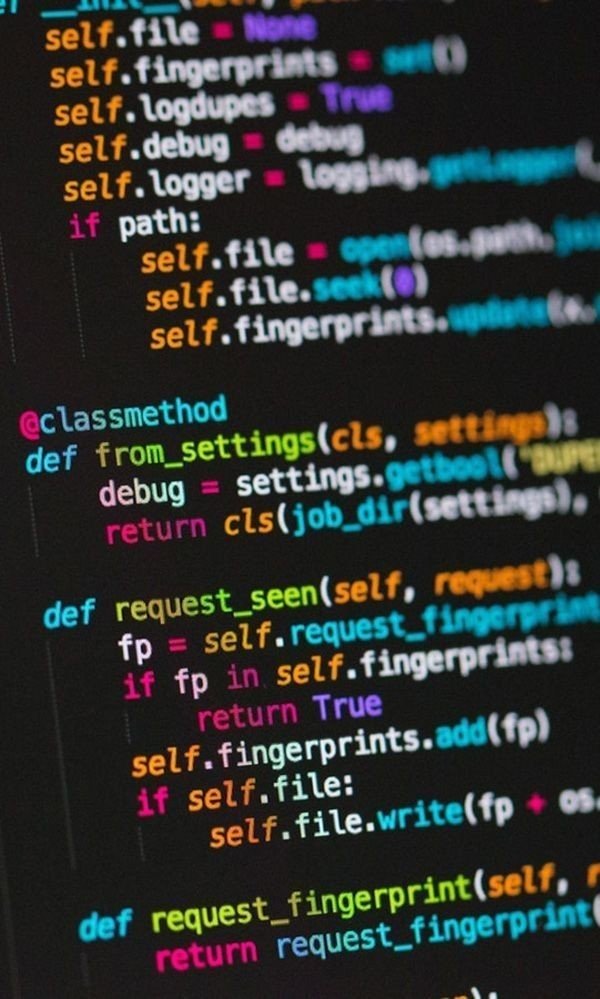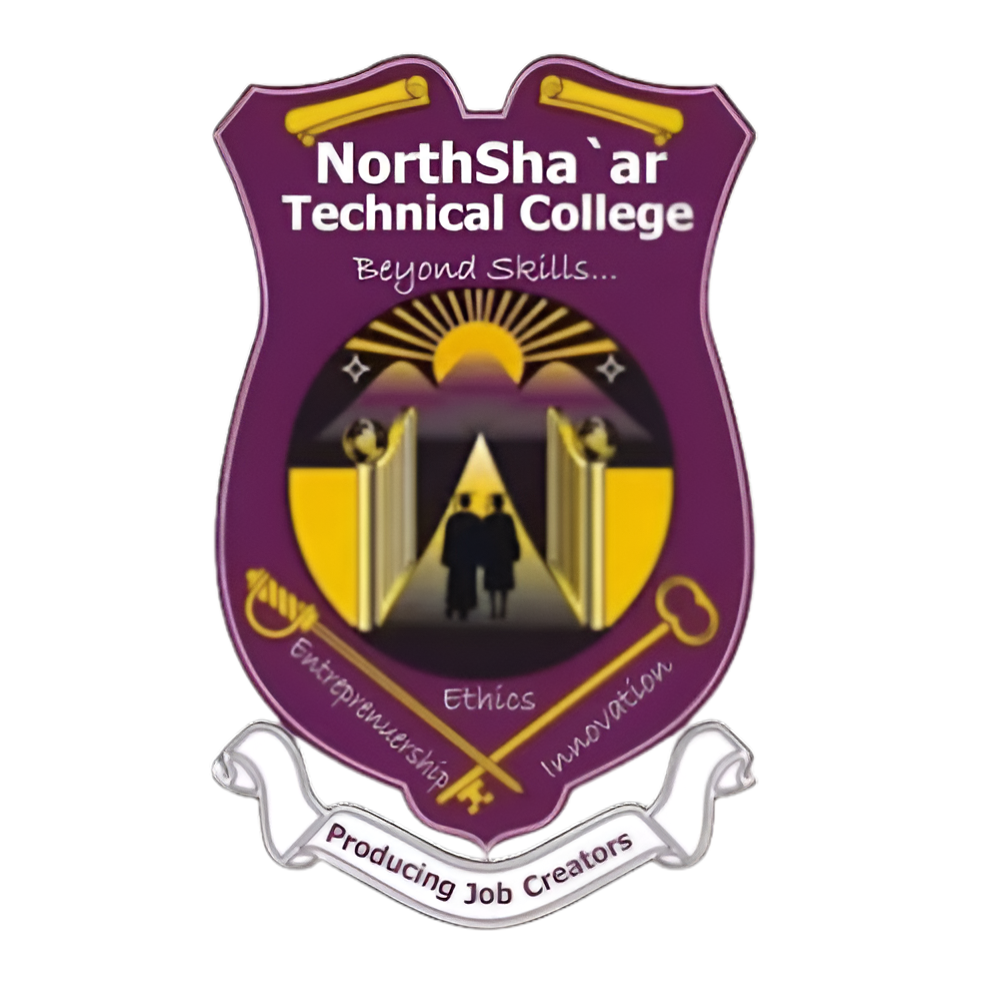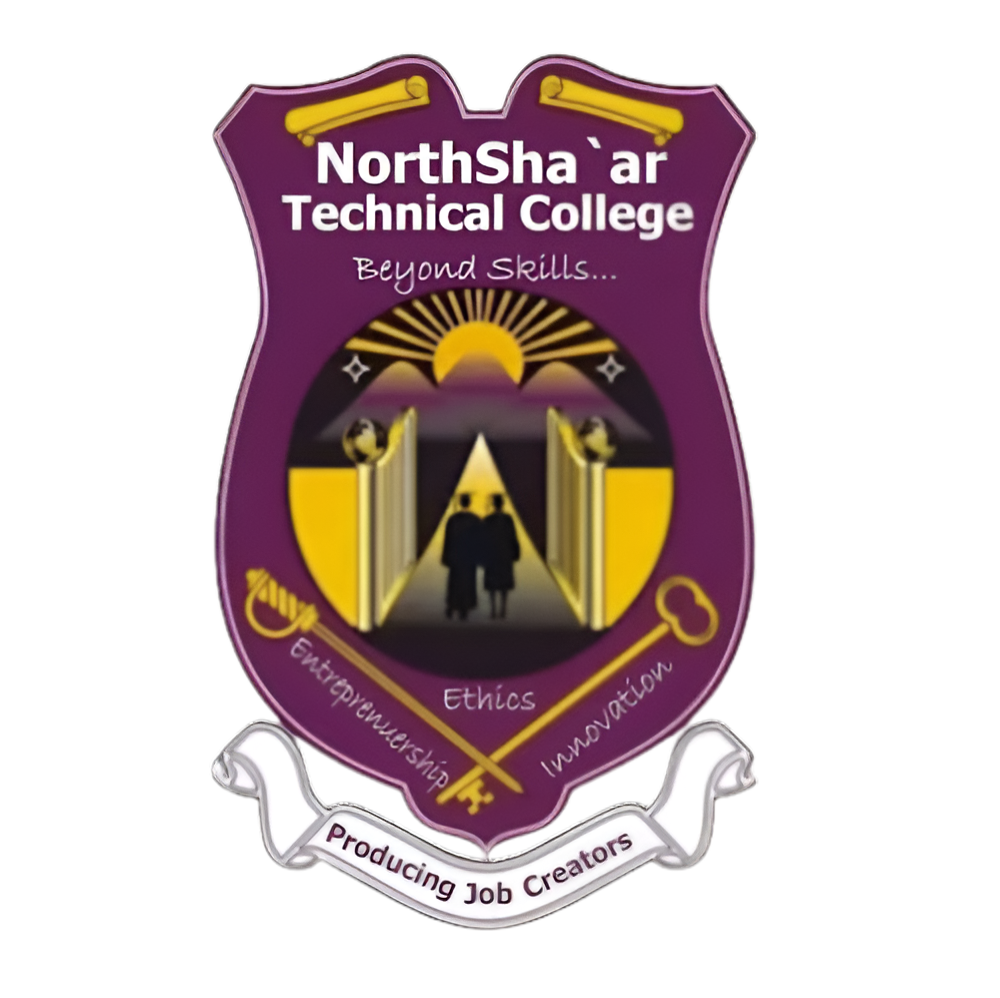Course DetailsHome / Courses Details
Diploma in ICT – Programming
The Diploma in ICT – Programming is a rigorous and modern four-year program designed to develop skilled software developers who are ready to meet the demands of Malawi’s growing digital economy. Offered by NorthSha’ar Technical College, this program emphasizes problem-solving, logical thinking, and hands-on experience in various programming languages, software development methodologies, and real-world applications.
Students will explore the full software development lifecycle—from planning and coding to testing and deployment. Graduates will be prepared for careers in software development, systems analysis, mobile app development, web design, and more.

Year 1: ICT & Programming Foundations
-
Semester 1:
-
Introduction to Computers and Operating Systems
-
Programming Fundamentals (Python)
-
Mathematics for Computing I
-
Communication Skills
-
Computer Hardware and Maintenance
-
-
Semester 2:
-
Web Development I (HTML, CSS, JS)
-
Object-Oriented Programming (Java or C++)
-
Database Systems I (SQL Basics)
-
Mathematics for Computing II
-
ICT Ethics and Professionalism
-
Year 2: Intermediate Programming & Development
-
Semester 3:
-
Data Structures and Algorithms
-
Mobile App Development I (Android or Flutter)
-
Database Systems II (MySQL/PostgreSQL)
-
Software Engineering Principles
-
UI/UX Design
-
-
Semester 4:
-
Web Development II (Backend with PHP or Node.js)
-
Application Security and Authentication
-
Introduction to APIs and Web Services
-
Agile and Scrum Methodologies
-
Technical Documentation and Reporting
-
Year 3: Advanced Software Solutions
-
Semester 5:
-
Full Stack Application Development
-
Programming with Frameworks (Laravel, React, or Django)
-
Cloud Computing Essentials (AWS/Azure Basics)
-
Data Analytics and Visualization
-
Research Methods
-
-
Semester 6:
-
Game Development Fundamentals
-
Systems Programming
-
Artificial Intelligence & Machine Learning (Intro)
-
Capstone Project Design
-
ICT Entrepreneurship
-
Year 4: Industry Attachment & Final Project
-
Semester 7:
-
Industrial Attachment / Internship
-
DevOps Tools and Version Control (Git, CI/CD)
-
Professional Development & Portfolio Building
-
-
Semester 8:
-
Capstone Project (Real-world Software Solution)
-
Emerging Trends in Programming
-
Career Guidance & Freelancing Skills
-
Applicants must have:
-
MSCE or equivalent with credits in:
-
Mathematics (Compulsory)
-
English (Recommended)
-
Computer Studies or Physics (Advantageous)
-
Students will benefit from access to:
-
Modern Computer Labs with internet access and programming environments
-
Online Learning Platform for coursework, assignments, and collaboration
-
Code Repositories (GitHub/GitLab) for hands-on version control
-
Project Labs for group software development
-
Software Tools & IDEs: Visual Studio Code, Eclipse, Android Studio, MySQL Workbench, etc.
-
Access to Cloud Platforms for deployment and hosting practice
Intake Periods: January and July
Average Class Size: 25–30 students
Graduate Job Placement Rate: ~82% (Projected based on demand in software and tech sectors)
Career Opportunities:
-
Software Developer
-
Web and Mobile App Developer
-
Database Programmer
-
System Analyst
-
Freelance Developer
Internship Partnerships: With local software firms, NGOs, and tech hubs
Project-Based Learning: Students graduate with a working software portfolio

